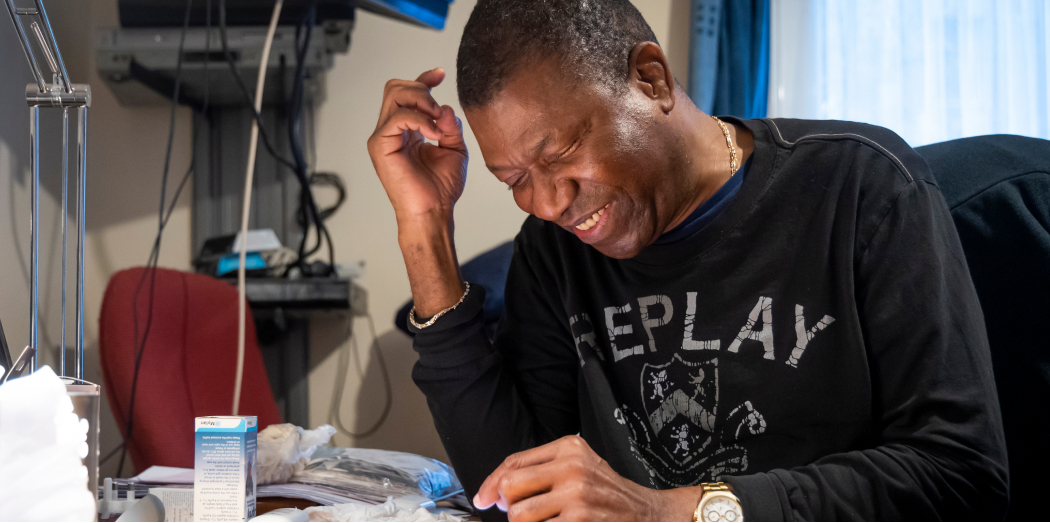Annotating virtual tai chi sessions to improve learning and health outcomes for older adults
2021 Catalyst Grant
Tai Chi is often described as “meditation in motion” due to its low impact and slow motion. There is growing evidence that as a mind-body practice, originating from Chinese martial art, it has value in treating or preventing many health problems among older adults. During the pandemic, like other forms of group exercise, Tai Chi sessions had to be offered online. In Tai Chi, correct body postures, hand gestures and foot placement are complex and important information is required for participants to ensure that they get the full benefits of the exercise. Such information is difficult to convey through traditional video-recorded sessions due to the occlusion of the instructor’s body from the video camera and the lack of real-time feedback. This project aims to develop a computer vision-based, video annotation tool to extract information about key joint movements, palm facing, hand position and indication of weight-bearing legs in real-time, and overlay such information onto one’s video screen to guide participants during online Tai Chi sessions. The occlusion issue of a single camera can be overcome through human kinematic modeling. A human-centered approach will be taken in the design of a graphic user interface layout and elements. A focus group study will be carried out online amongst older adults to understand their diverse needs and preferences in an online Tai Chi session.
“The project aims to improve the learning experiences and health outcomes for virtual Tai Chi sessions. We also anticipate that advanced tool development and understanding gained through the study will be beneficial to tele-therapy for rural communities and in-home exercise programs for older adults who have difficulty attending in-person classes, etc.” — Rong Zheng




